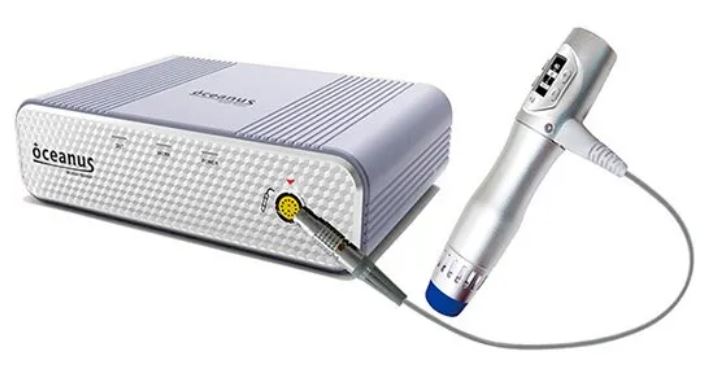Surgical Equipment Upgrade, Repair, or Replace?
Determining the Best Time to Upgrade or Replace Your Surgical Equipment:
Maintaining up-to-date surgical equipment is crucial for ensuring patient safety, enhancing surgical outcomes, and optimizing operational efficiency. However, knowing when to upgrade or replace your equipment can be challenging. Here are some key factors to consider when determining the best time to make these important decisions.
1. Frequent Repairs and Maintenance
One of the most obvious signs that it’s time to upgrade or replace your surgical equipment is the frequency of repairs and maintenance. If your equipment requires constant repairs, it may be more cost-effective to invest in new equipment. Frequent breakdowns can disrupt surgical schedules, increase downtime, and lead to higher maintenance costs.
2. Declining Performance and Efficiency
As surgical equipment ages, its performance and efficiency can decline. This can result in longer procedure times, increased risk of complications, and reduced patient outcomes. If you notice that your equipment is no longer performing at its best, it may be time to consider an upgrade.
3. Technological Advancements
The medical field is constantly evolving, with new technologies and innovations emerging regularly. Upgrading to the latest equipment can provide access to advanced features and capabilities that improve surgical precision, safety, and efficiency. Staying current with technological advancements can also enhance your practice’s reputation and competitiveness.
4. Increased Reports of Complications
If there is an increase in reports of complications or adverse events during procedures, it may be a sign that your equipment is outdated or malfunctioning. Upgrading to newer, more reliable equipment can help reduce the risk of complications and improve patient safety.
5. Visual and Imaging Quality
For procedures that rely on visual and imaging equipment, such as endoscopies and ultrasounds, the clarity and quality of the images are critical. Over time, the visual quality of imaging devices can degrade, making it harder to perform accurate diagnoses and procedures. Upgrading equipment with better imaging capabilities can enhance diagnostic accuracy and surgical outcomes.
6. Compatibility with New Technologies
As new technologies are introduced, older equipment may become incompatible with modern systems and software. Ensuring that your surgical equipment is compatible with the latest technologies can streamline workflows, improve data integration, and enhance overall efficiency.
7. Regulatory Compliance
Healthcare regulations and standards are continually updated to ensure patient safety and quality of care. If your equipment no longer meets current regulatory requirements, it is essential to upgrade or replace it to maintain compliance. Non-compliance can result in legal issues, fines, and damage to your practice’s reputation.
8. Cost-Benefit Analysis
Conduct a cost-benefit analysis to determine whether upgrading or replacing your equipment is financially viable. Consider factors such as the cost of repairs, maintenance, and downtime versus the investment in new equipment. In many cases, the long-term benefits of upgrading can outweigh the initial costs.
9. Feedback from Staff
Your surgical staff can provide valuable insights into the performance and reliability of your equipment. Regularly seek feedback from your team to identify any issues or concerns. If your staff reports frequent problems or difficulties with the equipment, it may be time to consider an upgrade.
10. Predictive Maintenance Data
Utilize predictive maintenance data to anticipate when equipment is likely to fail and schedule replacements proactively. Predictive maintenance uses real-time data and analytics to monitor equipment health and predict potential failures, allowing you to address issues before they become critical.
Determining the best time to upgrade or replace your surgical equipment involves careful consideration of various factors, from performance and efficiency to regulatory compliance and technological advancements. By staying proactive and informed, you can ensure that your surgery center operates smoothly, safely, and efficiently, ultimately enhancing patient care and outcomes.




